How to talk to children about mine danger: advice from a psychologist
- News of Mykolaiv
-
•
-

- Alina Kvitko
-
•
-
17:10, 14 October, 2024
What do you say to your child if he finds something strange on the street? Can you teach her to recognize the threat that may be right under her feet? At a time when mine danger has become a part of our lives, this question becomes especially acute. Children do not always understand that familiar places can hide deadly danger, and their safety can depend on the right words of their parents.
Together with psychologist Svitlana Dabahian, NikVesti figured out how to explain mine danger to children in a language accessible to them, without scaring them, but with clear instructions that can save lives.
 Psychologist Svitlana Dabahian explains how parents can talk to their children about mine safety. Photo: NikVesti
Psychologist Svitlana Dabahian explains how parents can talk to their children about mine safety. Photo: NikVestiWhy is mine safety not just a school issue?
Unfortunately, many parents believe that mine safety issues should be explained only at school, however, according to Svitlana Dabahian, this is a big mistake.
«Children should have the greatest trust in their parents,» she emphasizes.
At home in the family circle, the child feels safe, so it is the parents who can most effectively explain complex topics. It is important that parents know how to talk to their children correctly, so as not to frighten them, but at the same time convey important rules.
Should parents talk to their children about landmines if they are in a safe zone?
«We have regions that are more contaminated by mines, and there are regions that have suffered less. But you and I understand that we live in a state of war. And here are these dangerous objects, some explosives, they can also be found on the playground. They can be hidden, for example, in toys or in such objects that you would not think that there could be something dangerous there. Therefore, it is very important to talk with children about mine safety so that they are careful,» says Svitlana Dabahian.
How to start a dialogue about mine danger?
You can start a conversation about landmines with a simple question: «What do you know about mine danger?». Often in schools or during events organized by Red Cross or Emergency Services specialists, children already have some information about landmines. If the child says he knows something, ask what exactly he knows and continue the conversation based on his answers. If the child is not familiar with this topic, offer to watch an educational cartoon or video together.
«It is best when information is presented in a casual way: it can be cartoons, interactive games, tests or simple moves. This approach does not burden the child emotionally and does not cause excessive fear,» adds Svitlana Dabahian.
In order for children to understand the importance of following safety rules, it is necessary to explain them clearly and interestingly. For example, when we tell children why they need to brush their teeth, we create a habit that becomes a part of their lives. It is also important to explain what to expect if they find a mine or dangerous object, as well as how to behave properly. It is important to communicate with the child at the level of friends so that he feels supported and understood, not afraid.
Svitlana Dabahian notes that when talking to a child about mine safety, their age should be taken into account: «Children aged 5 to 11 perceive information differently than teenagers. In adolescence, young people try to separate themselves from adults, so it is important to maintain trust with them and talk more seriously.»
Do Mykolaiv residents talk about mine danger with their children?
NikVesti decided to find out whether Mykolaiv residents tell their children about mine safety and what Mykolaiv children know about explosive objects.
One parent said that his child is well aware of landmine hazards because he attends children's safety classes from UNICEF. The child actively initiates conversations on this topic and knows that suspicious objects should not be touched. She even often teaches her mother new things.
«The child herself often communicates with me, the child is aware of this. She knows not to touch, she attends children's safety classes from UNICEF. That's why my child knows everything and will teach me a lot more,» he says.
Another resident of the city mentioned that the school also holds events and lectures where children are told about the dangers. She noted the visits of UNICEF representatives who organized master classes for students.
«Well, they talked about it at school, there were lectures, there were events, they came from UNICEF, they held master classes,» says another resident of Mykolaiv.
Parents also explain to children that it is impossible to approach suspicious objects, such as backpacks or ropes, because they can be mined and pose a threat.
«Do not approach things, if you see a backpack, do not touch it, there may be a mine. And you can't touch the rope if it's lying somewhere in the corners, because something might blow up,» shares another mother.
How to talk to a child about tragic events?
If the child has learned about real cases of injury or death from mines, it is important to remain calm during the conversation.
«Parents should be an emotional support for the child,» advises Svitlana Dabahian.
In the conversation, it is important to listen to the child, reflect his emotions, confirm that the situation was really scary, but at the same time explain that there are safety measures that must be followed to avoid such dangers. Physical contact (hugs, holding hands) also helps the child feel safe.
«If a child has witnessed or heard a story that his peers or adults stumble upon a landmine, then a protected space should be chosen for a conversation with him. If it is a small child, you can put it on your lap. If it is an adult child, then somewhere near you. It is necessary to hug if the child allows it. And very calmly about talking about the situation that happened. When a child talks, we listen carefully, we learn to empathize. It is also necessary to reflect her emotions and experiences, for example, you can say: «Yes, it is very terrible, were you scared, or did you witness such a terrible situation?». And here it is important that the child tells the details. After all, when we become a witness or a hero of such a danger, it is important for us to tell it several times in order to get rid of our worries,» advises the psychologist.
If the child wants to tell his story more than once, let him do so. This is part of the process of letting go of negative experiences. After such a conversation, it is important to help the child get rid of tension: you can offer him to play active games or perform simple physical exercises.
 Tips from a psychologist on how to calm a child if she is scared after talking about mine safety. Photo: Family
Tips from a psychologist on how to calm a child if she is scared after talking about mine safety. Photo: FamilyHow to behave if the child is scared?
There are situations when a child has already heard about explosions or even seen the consequences of tragedies. In such cases, it is important to give the child the opportunity to express his feelings.
«If a child draws or plays games related to explosions or mines, this is a natural reaction to stress,» explains the psychologist.
It is important not to deny these feelings, but to help the child react: let him talk several times about what he saw or heard. This helps her process information and reduce anxiety.
«After talking or watching a video about mine safety, the child can still replay — repeat certain phrases, question something. And if the child was interested in new information, she/he will somehow spread it among their peers,» says the psychologist.
Signs that a child is not just interested but stressed about the topic of mine safety may include sleep disturbances, lack of appetite, nightmares or withdrawal. In such cases, you should contact a specialist if negative reactions persist.
What to do if the child found a mine?
If a child finds a mine or tries to disassemble it, the first reaction of parents may be shock or stupor. However, in such a situation it is important to quickly calm down and find the right words. Psychologist Svitlana Dabahian advises parents to re-emphasize the fact that you should never touch suspicious objects and immediately contact specialists. Discuss the incident in a calm atmosphere and explain to the child the importance of safe behavior.
Should parents mention real cases of mine detonation in conversation?
The main goal of teaching mine safety is not to scare, but to teach the child the correct actions. Photos and videos from the scene of the explosions should not be shown, as they may cause trauma to the child.
«Our nervous system does not distinguish whether we saw it with our own eyes or on the screen, — warns the psychologist. Instead, the topic should be explained calmly and with non-intimidating examples,» says Svitlana Dabahian.
How to reduce anxiety after a conversation?
If the child feels anxious after the conversation, the psychologist advises using physical practices. Frequent hugs, stroking of the palms or back, and games to show aggression help relieve tension. For example, you can play air football or have a pillow fight. Such simple but active actions allow the child to release emotions and restore peace.
«If the child has a lot of tension, and you see that he shows too much aggression, then you can offer just the right games for his manifestation. For example, we can take pillows, put them under our clothes and play sumo wrestlers,» says Svitlana Dabagyan.
How often do you need to communicate on the topic of mine safety?
According to Svitlana Dabahian, one or two times a year will be enough for discussions on the topic of mine safety, if the child has had a positive experience and learned the information. However, if the child is completely unfamiliar with this topic, it is worth returning to it from time to time, especially if the family lives in a high-risk area.
It is important for parents to provide their children with knowledge about mine safety, and both games and cartoons can help with this. The psychologist recommends the book-game «What to do if?» Liudmyla Petranovska, which, although not directly dedicated to mine safety, can be adapted for training. By adding cards with dangerous situations, parents can make the game not only interesting, but also useful and educational.
In addition, interesting cartoons about mine safety, divided by age, are available on YouTube. These are materials created taking into account the interests of children, which help to learn important information in a playful way.
Parents should also take note of the short videos that can be found by typing «mine safety for kids» into the search box. These videos, developed by UNICEF and the Ministry of Education and Science of Ukraine, offer accessible and understandable information about the dangers that can be encountered in everyday life. In addition, there are manuals and educational platforms that help parents effectively teach children the basics of mine safety.
In order to consolidate information without scaring the child, you can use coloring pages, comics or videos:
- Riddles for children on the topic of mine safety
- Comics and cartoons about the Inforce super team
- Coloring pages with Inforces
Mine safety education is the responsibility of both schools and parents. Children should receive information in an accessible form that will not frighten them, but at the same time will provide the necessary knowledge to avoid dangerous situations. Calm conversations, cartoons and games, physical exercises and support from parents are key tools in raising conscious and careful children.
Have you talked to your children about mine safety? Use the links and resources below to teach your children what explosives are and how to handle them.
Recent news about: Mine safety


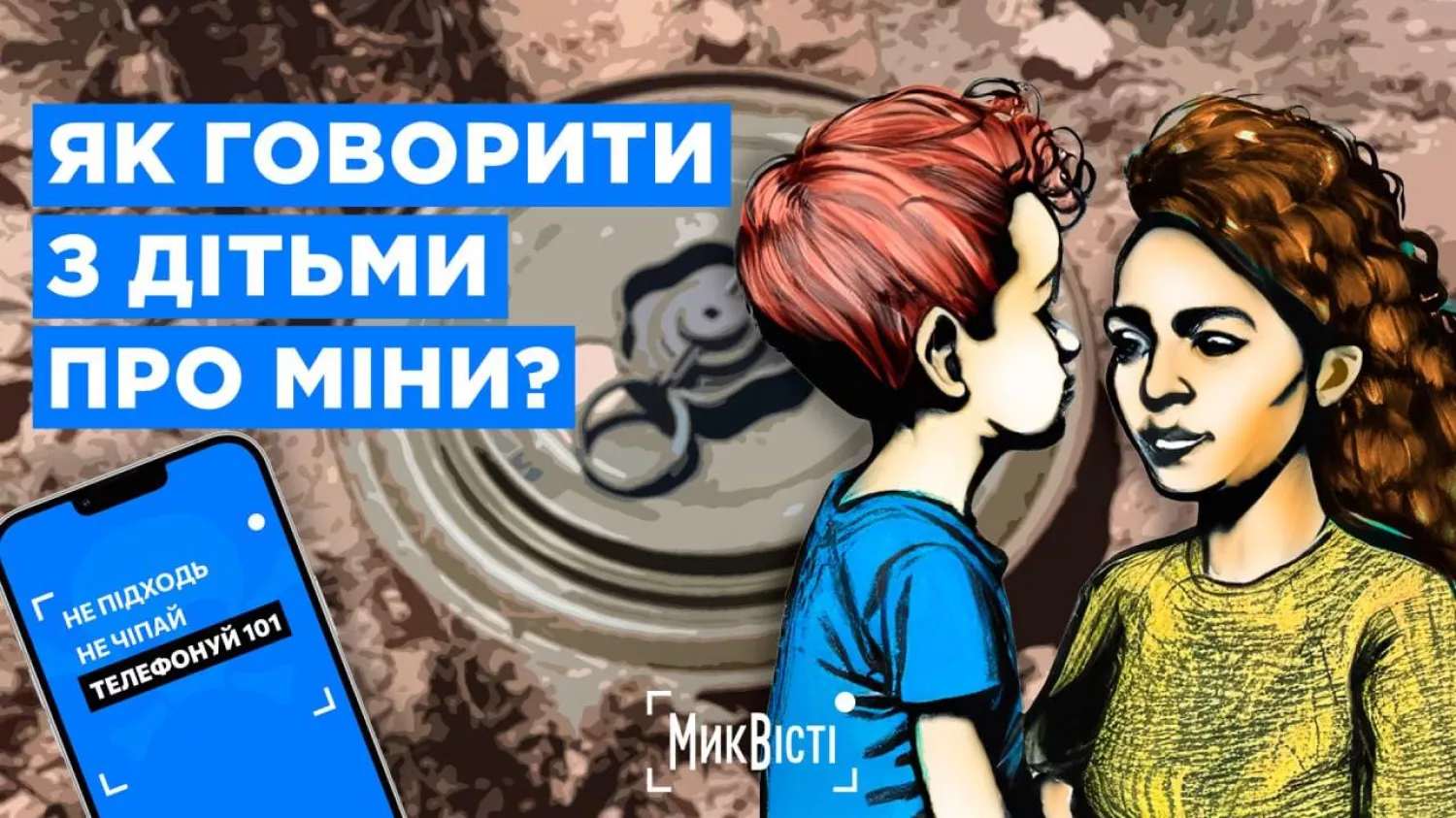


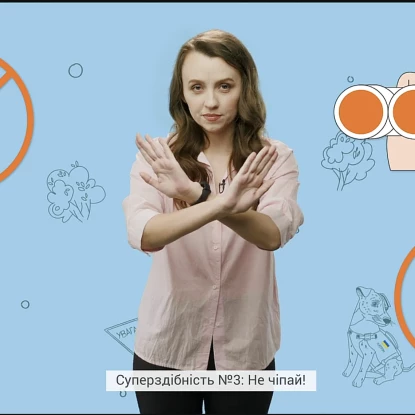




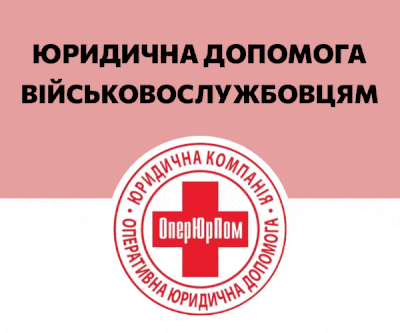
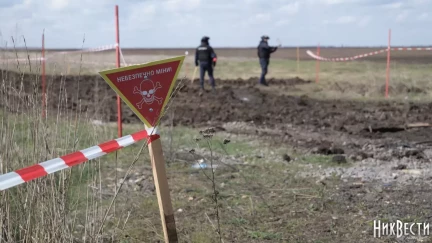

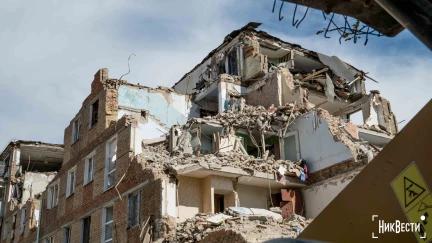

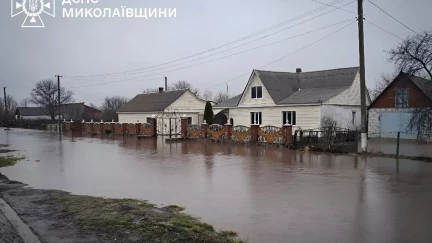
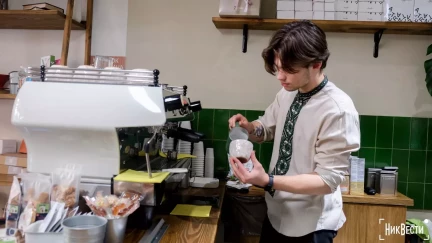

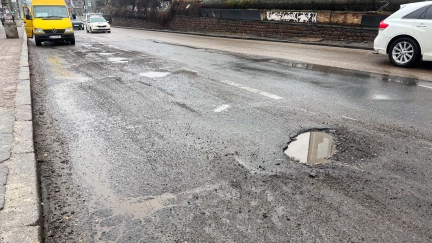

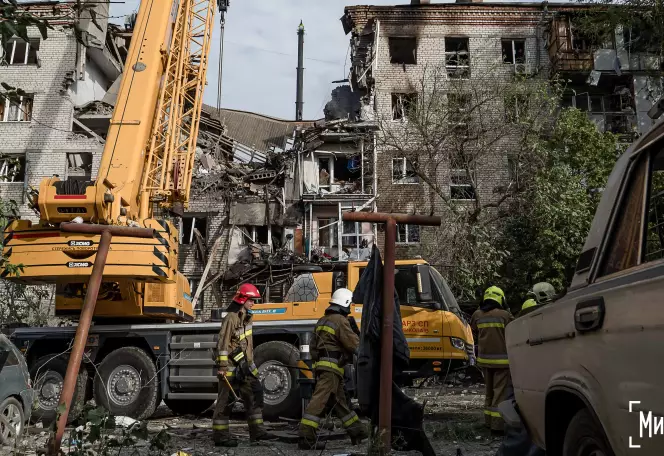
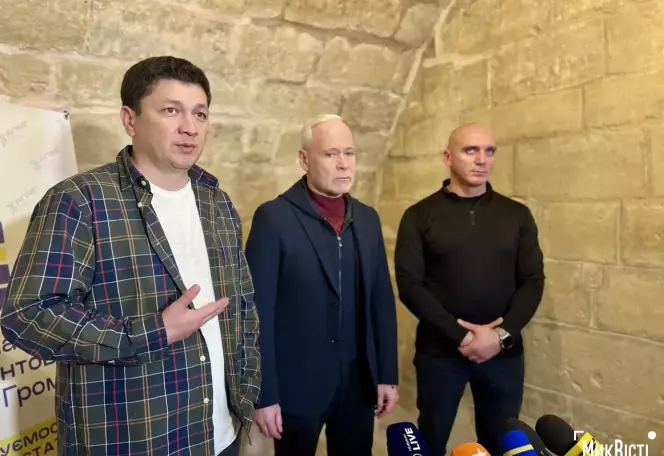
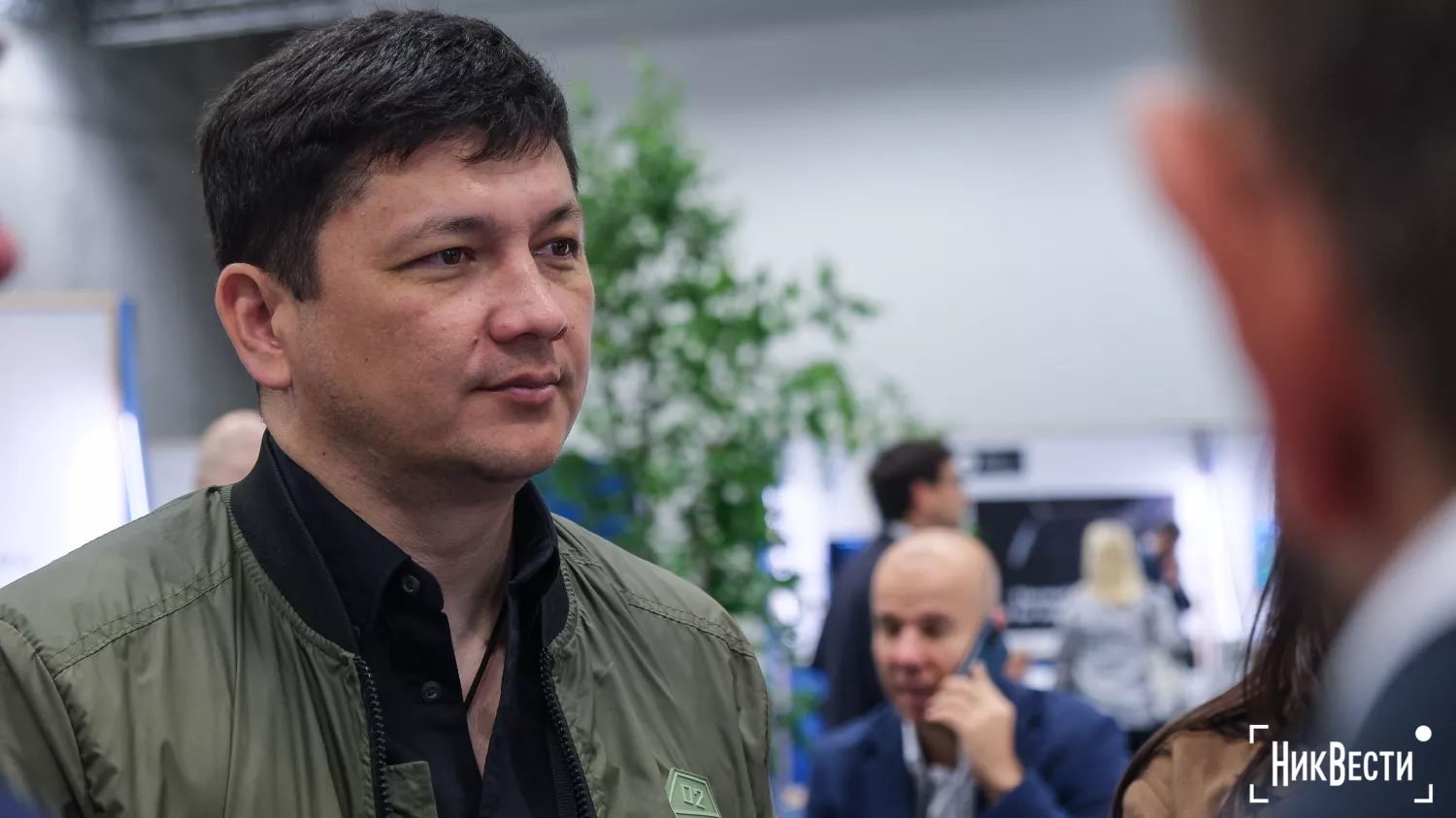
To join the conversation, please log in to the NikVesti website.